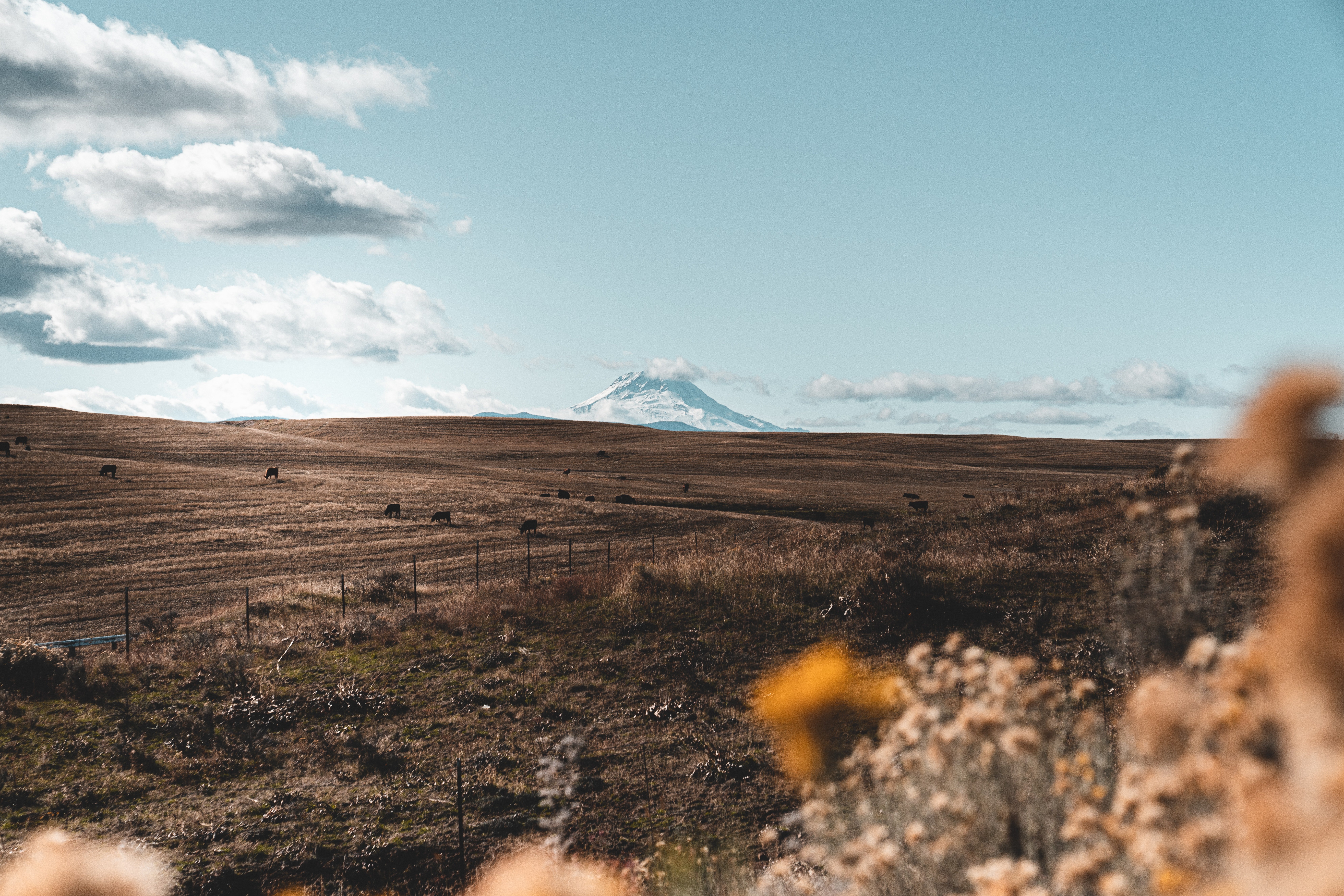
The Western Perspective and Western Agenda report was developed by the land-grant university colleges of agriculture (i.e., agriculture, natural resources, etc.) in the Western Region and published in 2015.
The Western Perspective and Western Agenda report has been shared with:
(View The Western Perspective & Agenda One-Page Summary)









View the Western Agenda 2016 Joint Summer Meeting
IN 2010 WEDA asked the Diversity Catalyst Team to address diversity and training.
As a result, two diversity curricula were developed that the Diversity Catalyst Team recommended be integrated into a unified training program for Extension faculty and staff that can be delivered using blended teaching strategies (face to face instruction, individual asynchronous distance learning, facilitated small group exercises, and synchronous distance interaction between trainees and content providers).
To be successful, the Diversity Catalyst Team recommended financial commitments from several Extension organizations to purchase the training program once it is successfully designed and pilot tested.

The American West is a region marked by large metropolitan cities surrounded by vast rural areas. Most Western states have large metropolitan populations, 1 of which nine states have 80+% of their residents in metropolitan areas and four of these nine states have over 90% of their populations residing in urban centers (2010 U.S. Census). Western cities are distinctly different from their national cohort. These cities arose in the age of the automobile, and therefore to some extent Western cities were ‘born modern’. While metropolitan centers across the country struggle with revitalization, it is growth management that challenges cities in the West.
Most Extension programming in Western metropolitan areas is adapted from rural experiences, not programming developed from an urban perspective. Moreover, the federal land-grant system does not include an urban agenda. As a result, the urban Extension programs of the past offer few lessons for the development of a new urban model for the West.
To remain relevant in metropolitan areas, land-grant university based Extension programs need to embrace this reality when deciding which programs they support, how these programs are delivered, and what the composition of their staff should be. Strong Extension programs are informed by research and based upon best practices. Unfortunately, there is little to no research on best practices for university outreach or faculty development to guide Extension organizations in the West.
To overcome this deficiency the WEDA Urban Task Group proposes to establish a Western Center for Metropolitan Extension and Research (Center). This regional Center will: a) increase the internal capacity of Western Extension programs to address metropolitan issues, and b) elevate the stature and value of Cooperative Extension to external metropolitan audiences. The proposed Center is based on a three-year start-up plan and is comprised of a small core staff and an advisory board. The overarching goal of the Center will be to help Extension better align programs with the needs, issues and interests of their metropolitan
January 2014 WCMER Proposal
April 2010 Final Report, Urban Extension Task Force
2008 Extension in the Urban West (PDF)
Historically U.S. Department of Energy (DOE), Energy Efficiency and Renewable Energy (EERE) has delivered (deployed) much of its programming through six Regional Offices and the respective State Energy Offices. However, several years ago, the regional offices were disbanded removing this communications channel. While the state energy offices still operate, there may be additional opportunities to bring EERE information to stakeholders at a time when there is increasingly desperate need.
The land-grant university system, through its well-developed Cooperative Extension Service, has offices and technical staff in most U.S. counties.
During 2004, several NASULGC institutions piloted a program using the capacities of the Extension system to deliver selected services of EERE - services which could take advantage of the Cooperative Extension Offices distribution system.
One of the conclusions reached through the pilot projects was that there was significant value to be gained by involving the Cooperative Extension System in delivery of EERE information. More effective use of the Extension system can be made if there are well-developed connections between the regional Extension associations and those involved in deployment within EERE.
You can read the full 2009 Pacific Northwest Extension Energy Initiative here.
The Farm Assessments Pilot Project was part of an effort to leverage the 20+ years of OSU Industrial Assessment Center (IAC) experience.
The center grew into the OSU Energy | Efficiency Center (EEC) with a goal of providing the Northwest a laboratory to develop a knowledge base of new & common efficiency opportunities in a range of sectors, currently including industry, agriculture, and institutional facilities.
The center is built on student management with faculty mentorship. Since 1986 the core EEC project, the IAC has: Served over 500 manufacturers (545 to date), recommended over $86 million in annual savings with an average 1.0 year payback, and helped industry achieve implemented savings of over $9,700,000 in energy, $4,600,000 in Waste Minimization Pollution Prevention and $11,800,000 in Productivity Improvements.


We’d love to hear from you! Let us know if you have any questions or comments about WEDA!
(541) 737-9920
Email Us